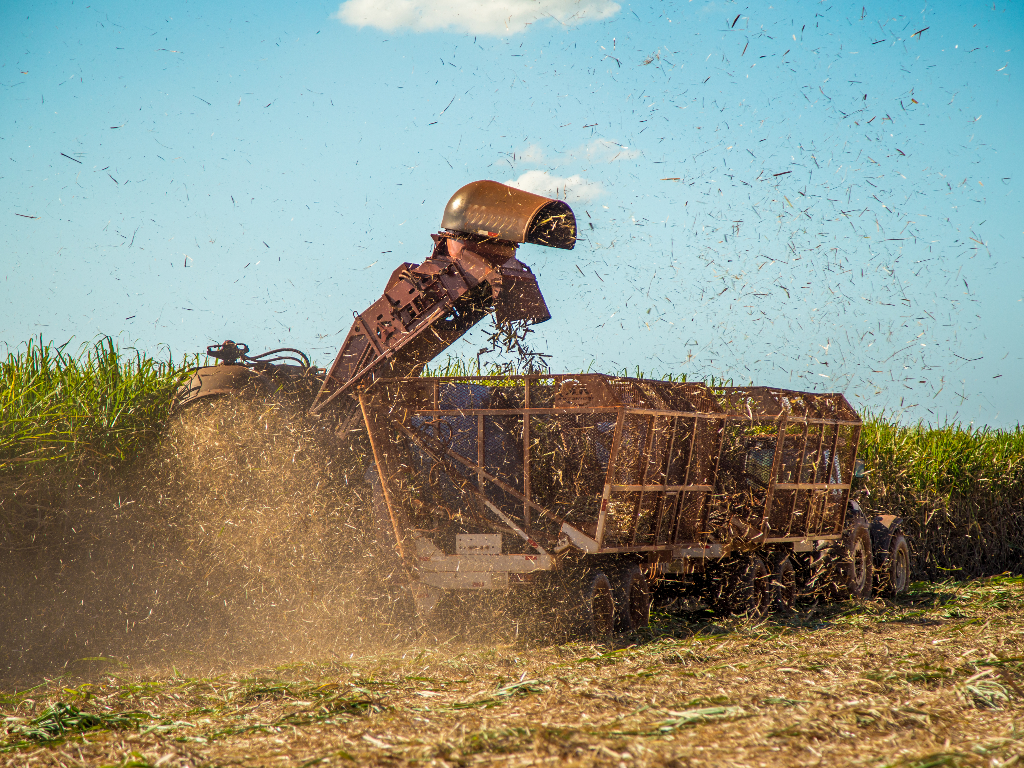Recent trends in the East African sugar markets, as reported by Kulea, revealed notable price changes in Kenya. The Nairobi market saw a decrease of 1.64% (USD 12.75) per MT for VHP sugar, while Mombasa experienced a 1.8% (USD 13.73) drop in VHP prices. In contrast, sugar prices remained stable in other cities across the region. Mogadishu continues to register the lowest wholesale price per ton at USD 730, supported by the active ports in Somalia handling vessels from the world market.
The import parity graphs show that external market sources, including the EAC, remain closed, with the World Market displaying the highest negative possible import parity, averaging USD 614. India did not offer any sugar contracts, while all world sources are currently open for imports in the Southern region.
In regional news, Tanzania is strategically focusing on the Democratic Republic of Congo (DRC) market for sugar exports. President Samia Suluhu announced plans to double sugar production, aiming to meet the domestic brown sugar requirement of 650,000 tons and expand to 750,000 tons by 2030. This goal is supported by significant technological investments in the Mtibwa Sugar Factory, boosting production and improving water management.
In Zimbabwe, Hippo Valley Estates Limited, a major sugar producer, plans to establish three solar power plants with a combined output of 11,000 kilowatts to support its operations. This initiative aligns with the National Development Strategy 1 (NDS1) and reflects a broader trend of private sector investment in solar energy to ensure reliable power supply.
During the week, no vessels were destined for the Kenyan port, but Tanzania's Dar es Salaam and Somalia's Mogadishu ports received significant sugar shipments.
Overall, the stability in sugar production and the steadiness of East African currencies have contributed to a calm trading environment in the region. The price dips in Nairobi and Mombasa reflect a balanced market, influenced by consistent local production and stable currency conditions. This competitive pricing and consistent production outlook bode well for the region's future in the global sugar market.
Source: kulea.com
Summary by: Victor Agut

